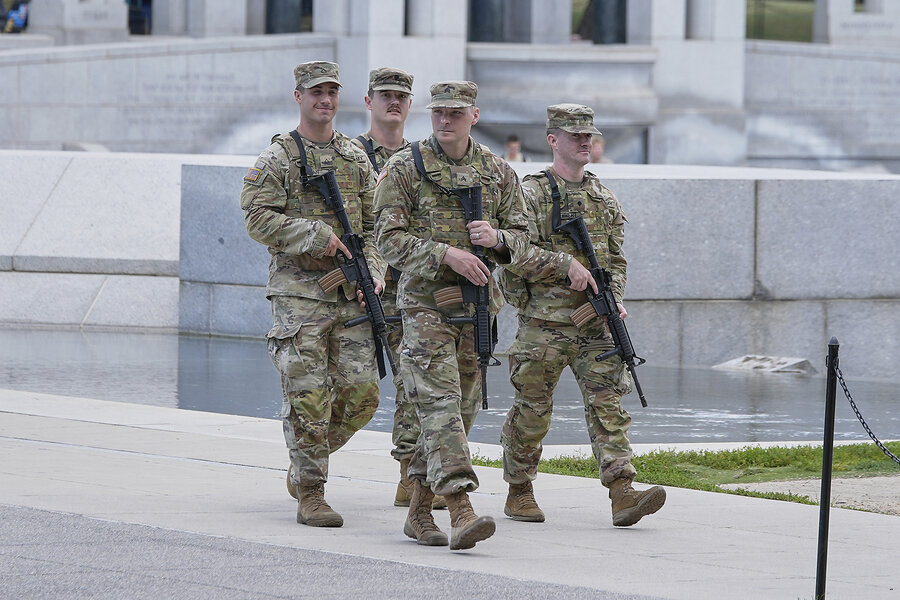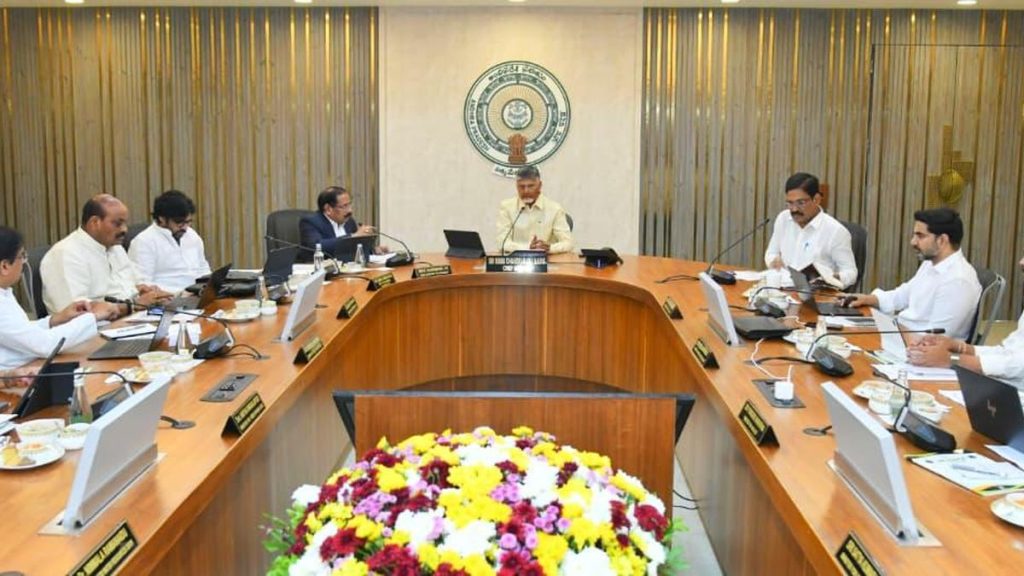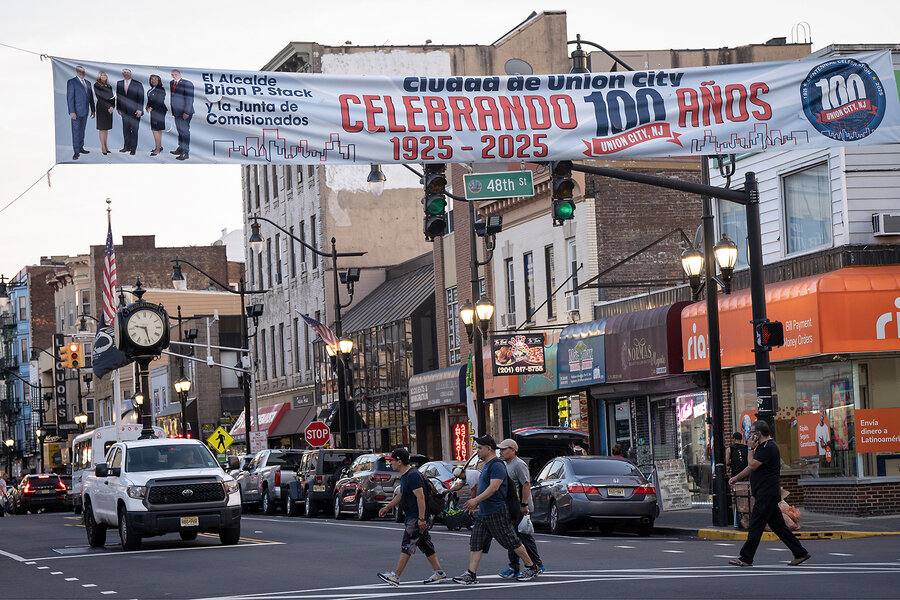Now Reading: Legal Concerns Surround Trump’s Call for National ‘Quick Reaction Force
-
01
Legal Concerns Surround Trump’s Call for National ‘Quick Reaction Force
Legal Concerns Surround Trump’s Call for National ‘Quick Reaction Force

Quick Summary:
- President Donald trump’s executive order mandates the creation of a “quick reaction force” (QRF) within the National Guard for nationwide deployment during civil disturbances.
- U.S. experts question the necessity, legal basis, and implications of this federal QRF given that states already maintain similar forces under governor control.
- A California lawsuit challenged an earlier Guard deployment too Los Angeles; a federal judge ruled it violated the Posse Comitatus Act, prohibiting military use for law enforcement but allowed troops to remain in limited roles.
- Legal concerns arise over how federal control via Titles 10 and 32 intersects with state sovereignty and protections against constitutional rights violations.
- Critics argue such deployments could undermine military readiness for overseas missions and widen civil-military divides.
- Suggested alternatives include using federal law enforcement agencies instead of National Guard forces for domestic emergencies.
Indian Opinion Analysis:
The debate surrounding President Trump’s directive underscores broader concerns about balancing security responses with democratic values.While reinforcing local law enforcement during crises is valid, reliance on military-adjacent resources like QRF raises issues tied to governance structures central to India’s system as well – maintaining state autonomy versus centralized intervention. India’s own legal framework emphasizes ensuring police functions under civilian authority while sharply limiting military involvement domestically except in extraordinary conditions.
For India, wich also wrestles with challenges like crime surges or managing large-scale protests, cautionary lessons emerge here: deploying armed forces risks perceived overreach or undermining constitutional safeguards unless properly delimited by laws governing thier role. Precedent from the United States hints at long-term risks including eroding public trust if missteps occur around legal jurisdiction or proportionality of action-a concern relevant across democracies striving to uphold rule-of-law principles.
Read More: National Guard “military police”
























